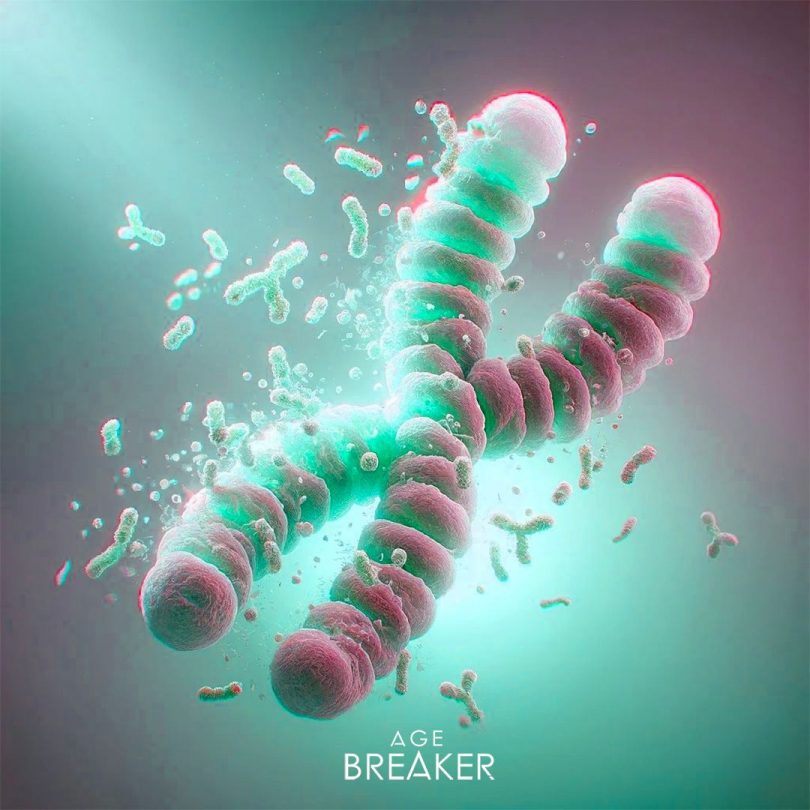Telomeres, DNA structures that control cell longevity, are weakened by glycation.
Telomeres are DNA sequences located at the end of chromosomes, which they provide protection.
Like a biological stopwatch, the rate of telomere shrinkage determines cell lifespan. Short telomeres lead to reduced longevity and a higher risk of age-related diseases.
Work on telomere and telomerase mechanisms was awarded the Nobel Prize for Medicine in 2009.
In addition to their genetic factor, telomere size is influenced by exogenous factors such as lifestyle and diet.
Several studies conducted since 2020 highlight a link between sugars, glycation and telomere shortening. Telomere erosion is thought to be exacerbated by a high concentration of AGEs, advanced glycation endproducts (1) (2) (3) resulting from high sugar consumption.
© AGE Breaker updated 03 2024
[Glycation is one of the major causes of aging. Resulting from the fixation of sugars on the proteins constituting the organism, glycation generates toxic compounds that cause cellular aging. Glycation is particularly involved in metabolic disorders, skin aging and cognitive decline.] [AGE BREAKER, patented nutritional supplements, based on rosmarinic acid, recognized by aging specialists around the world for their properties to reverse the effects of glycation.]More on www.agebreaker.com
#agebreaker #glycation #antiaging #longevitymedicine #preventivemedicine #preventivehealth #skinaging #4pmedicine #advancedglycationendproducts
(1) DEO, Permal, DHILLON, Varinderpal S., LIM, Wai Mun, et al. Advanced glycation end-products accelerate telomere attrition and increase pro-inflammatory mediators in human WIL2-NS cells. Mutagenesis, 2020, vol. 35, no 3, p. 291-297. Mutagenesis, 2020 Jul 11;35(3):291-297. https://doi.org/10.1093/mutage/geaa012
(2) DHILLON, Varinderpal S., DEO, Permal, CHUA, Ann, et al. Shorter telomere length in carriers of APOE-ε4 and high plasma concentration of glucose, glyoxal and other advanced glycation end products (AGEs). The Journals of Gerontology: Series A, 2020, vol. 75, no 10, p. 1894-1898. https://doi.org/10.1093/gerona/glz203
(3) LYU, Lu, YU, Jie, LIU, Yiwen, et al. High hemoglobin glycation index is associated with telomere attrition independent of HbA1c, mediated by TNFα. The Journal of Clinical Endocrinology & Metabolism, 2022, vol. 107, no 2, p. 462-473. https://doi.org/10.1210/clinem/dgab703









